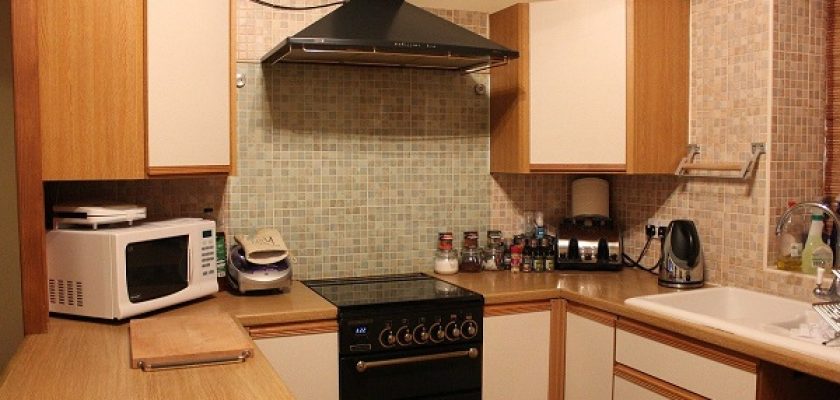Microwave And Food: Is It A Healthy Combination
- Posted on January 20, 2020
- By Happy Kumari
- Read 3 minutes

One important appliance often used in our kitchen is the microwave oven. Almost every home is equipped with a microwave oven. People prefer using a microwave oven because it is handy and saves a lot of time. A microwave oven is also commonly known as an electronic oven and helps to cook food using high-frequency electromagnetic waves called microwaves.
According to the World Health Organization (WHO), microwave ovens use radiowaves set at a frequency of about 2,450 megahertz i.e. a magnetron with a power ranging from about 500 to 1,100 watts.
Microwave oven is a relatively small box that raises the temperature of food with the help of a high-frequency electromagnetic field. When the field is created, the waves are absorbed by fats, water molecules, and other sugar molecules. Vibrations produced during the process helps in baking and cooking faster.
Microwave radiations can pass through glass, plastic, or ceramic utensils but not metals, therefore metal containers or utensils should be avoided when using a microwave oven.
The radiations produced by the microwave ovens are non-ionizing in nature and are considered safe in limits. These radiations are similar to radiations emitted by the cell phones but comparatively are much stronger. These ovens are designed in such a way that the radiations do not escape from the box.
Researchers are working to find out if microwave food is safe to consume or not. Some studies say that microwaves make the food “radioactive” and results in releasing some toxic radiations, which indirectly increase the risk of cancer, cataract, and other diseases. Some also believe that microwaves tend to destroy the nutrients in food which ultimately leads to nutrient deficiencies.
In different studies, it was found that a minute of microwaving destroys some of the cancer-fighting compounds in garlic and 97% of flavonoid antioxidants in broccoli. It is also found that microwaving human-breast milk can damage anti-bacterial or bacteria-fighting agents in the milk.
In a study published in the journal ‘Pediatrics’, lysozyme activity and antibodies of the milk were studied. Human milk microwaved at high temperatures was found to have greater E-coli growth – about 18 times higher than the unmicrowaved breast milk and heating at low temperatures also extremely decreased the lysozyme activity and promoted the growth of harmful bacteria.
In another study, researchers examined how microwave heating leads to the loss of vitamin B-12 in foods like raw beef, pork, and milk. This study published in the Journal of Agricultural and Food Chemistry showed that there was about 30 to 40% loss of the vitamins when the food was microwaved. The functioning of vitamin B-12 diverted to its inactive form, thereby reducing its benefits.
Some studies also prove that steaming vegetables in the microwave led to a loss of more fibers than normal steaming. There are also some pieces of evidence that proof microwave radiations affect both heart rate and heart rate variability.
There are other studies too which prove that microwaved foods are not harmful at all. In an article published in 1982 in Critical Reviews in Food Science and Nutrition, data was collected from several studies and was reviewed. There was no significant nutritional (protein, carbohydrate, lipid, minerals and, vitamins) differences found in foods prepared by conventional and microwave methods.
Can Microwave Preserve Nutrition: Is Your Microwave-Cooked Food More Nutritious?
Some researchers also believe that because the cooking-time in a microwave is shorter, therefore, cooking in a microwave is better in preserving nutrients that break down when they are heated for a longer time in conventional ovens and stoves. This study is mostly quoted for vitamin C as an example. Another benefit spotted by researchers is that microwaving the food reduces the formation of harmful compounds that might form when cooking or frying at high heat.
There is however no appropriate and conclusive piece of evidence to show that microwave radiations are harmful, beneficial, or neutral. Therefore, studies are still going on to understand the advantages and disadvantages of microwaving foods better.
